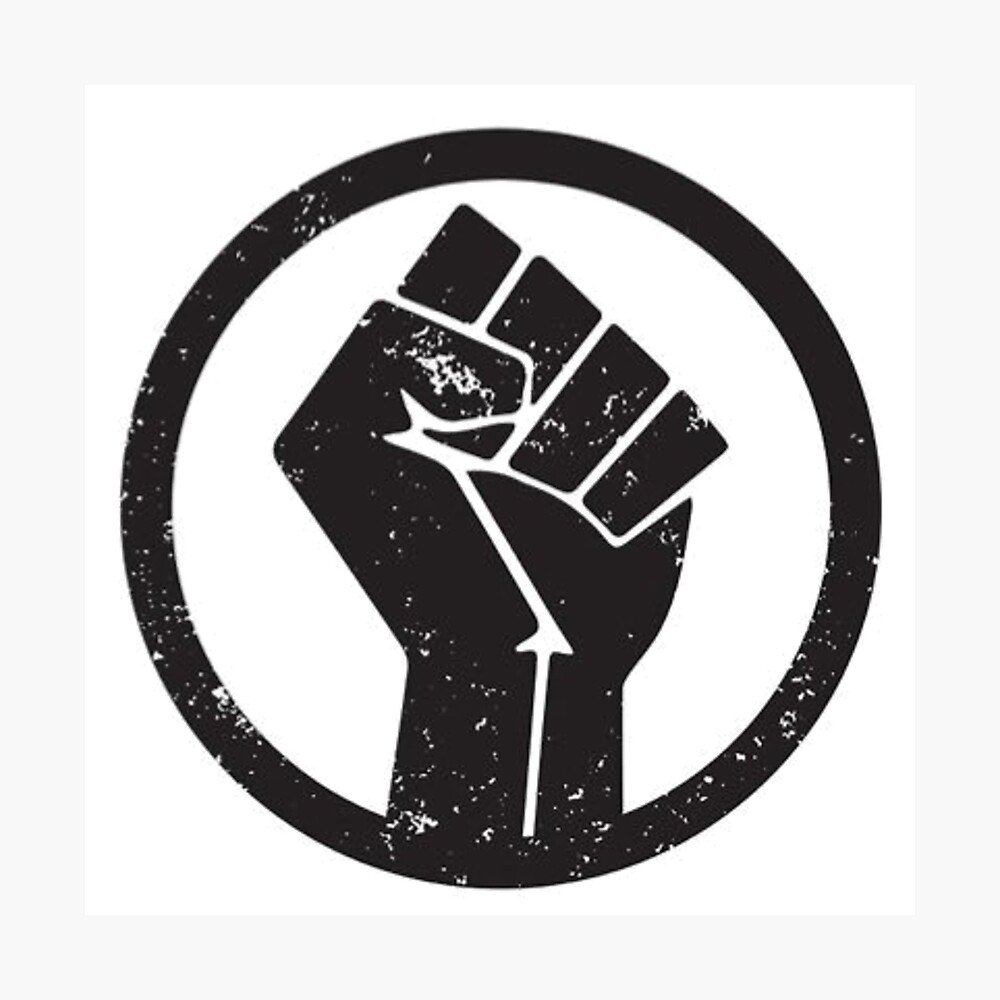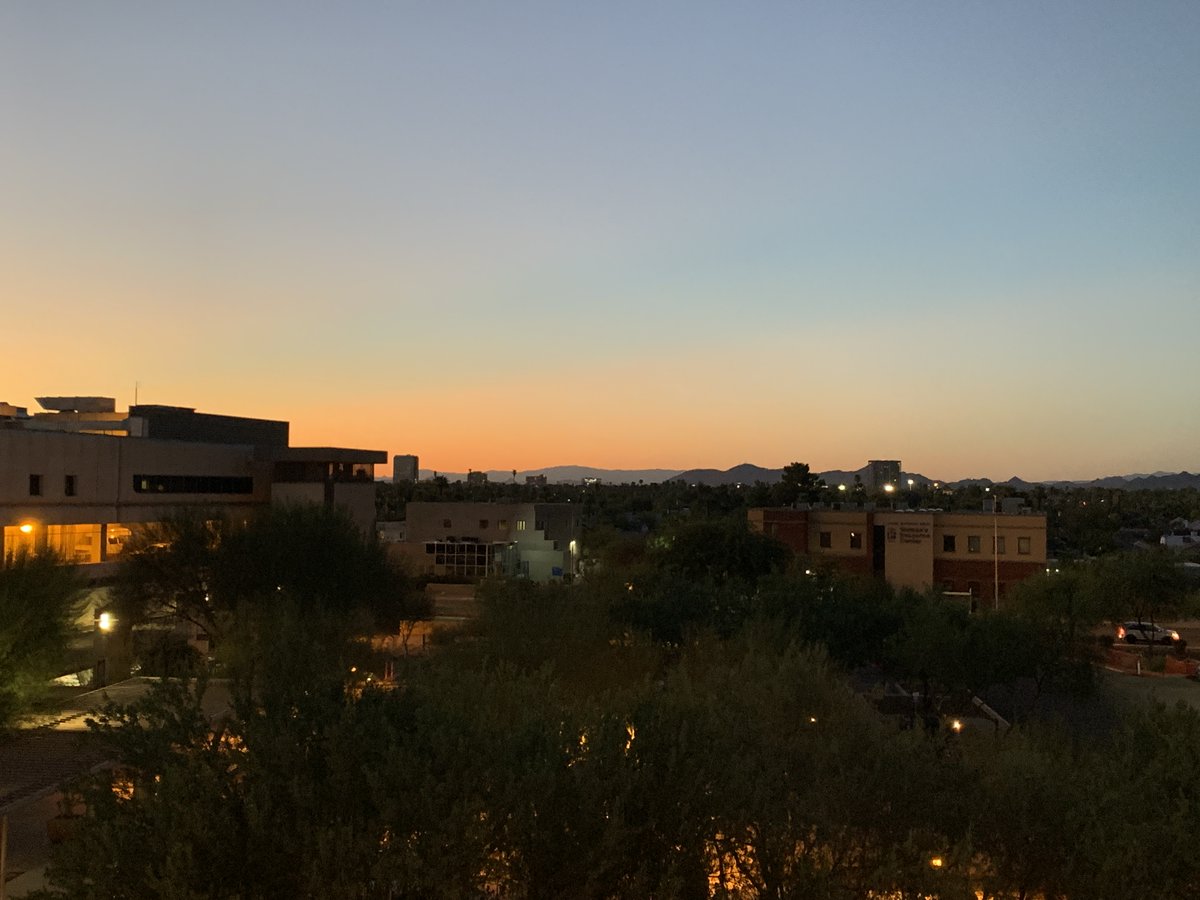
Given all that is going on in the world these days, many of you may have ideas for writing. Great! We need to hear more from healthcare workers. But, especially if you haven't done it before, you may have some questions about where to send your work.
THREAD 1/
THREAD 1/

In advance of my session with @drjessigold on writing (for @WIMSummit), I thought I'd address one of the most common questions I get asked. Usually it goes something like this: I've written about abc. Where can I publish it?
womeninmedicinesummit.org
2/
womeninmedicinesummit.org
2/
And the answer is: it depends. What is your intended audience? Is it a narrative? Is it academic? Is it making a persuasive argument?
3/
3/
Is your audience academic? Most journals have some sort of perspective or commentary submission category. The fancy journals (eg JAMA, NEJM, Lancet) typically respond quickly, so unless your writing is extremely timely, you don’t lose much submitting to them first.
4/
4/
Alternatively, specialty journals where you have connections may be more likely to accept your work.
Whichever journal you aim for, you can likely find space for either a narrative or a persuasive argument.
5/
Whichever journal you aim for, you can likely find space for either a narrative or a persuasive argument.
5/
Many also have blogs which may be easier to get published in than the corresponding journal. Look at what they’ve published before and see if your idea and style fit in.
If it’s not academic, the world is your oyster!
6/
If it’s not academic, the world is your oyster!
6/
There is no shortage of outlets, but finding the right one may be tricky.
I think placing narratives is the most tricky. You essentially have to find an editor/outlet who’s into that. They can be hard to find.
7/
I think placing narratives is the most tricky. You essentially have to find an editor/outlet who’s into that. They can be hard to find.
7/
One strategy is to find pieces that are like yours, look at where they’re published, and try to find contacts at those outlets.
Finding contacts is not as easy as it might seem. Some editors and writers have their email address in their Twitter bio. Very helpful!
8/
Finding contacts is not as easy as it might seem. Some editors and writers have their email address in their Twitter bio. Very helpful!
8/
If you’re making an argument, it might be an op-ed. Traditional op-eds are short, usually less than 1000 words. They are more than just opinion—they are opinions supported by evidence. They typically end with a specific recommendation.
The @opedproject has some excellent tips.
The @opedproject has some excellent tips.
Most major newspapers have an online submission process for op-eds. These can be quite frustrating. Proper decorum is to only submit to one newspaper at a time, and response times can be quite slow. Some newspapers don’t ever respond.
10/
10/
For these reasons, you may choose to not go that route. You may choose instead to go with magazines or websites that highlight opinions. Newsweek, Scientific American, Vox, and NBCThink might be some options. These may give you more freedom but also somewhat less prestige.
11/
11/
The oft-forgotten options are trade journals and websites such as STAT News, Medscape, MDEdge, etc. These outlets are quite supportive and are always looking for important, timely content. They tend to be more flexible than some other outlets.
12/
12/
Clearly this does not cover everything. I haven’t at all addressed writing fees, for example. But to the extent that it’s helpful, this is sort of the framework I have in my head when I’m thinking about where I want to send something.
13/
13/

There are many who write more than me. This is not intended to be exhaustive or perfect—just my approach. Would love to hear tips from other writers, including @drjessigold @FutureDocs @ShikhaJainMD @drchethansathya @DoctorYasmin @darakass @choo_ek @RoxanaDaneshjou :)
14/14
14/14
Ack! Write more than *I*. Sheesh.
Also, I forgot to include @Medscape @MDEdgeTweets @kevinmd @statnews in the graphic—will update!
Also, I forgot to include @Medscape @MDEdgeTweets @kevinmd @statnews in the graphic—will update!
• • •
Missing some Tweet in this thread? You can try to
force a refresh









